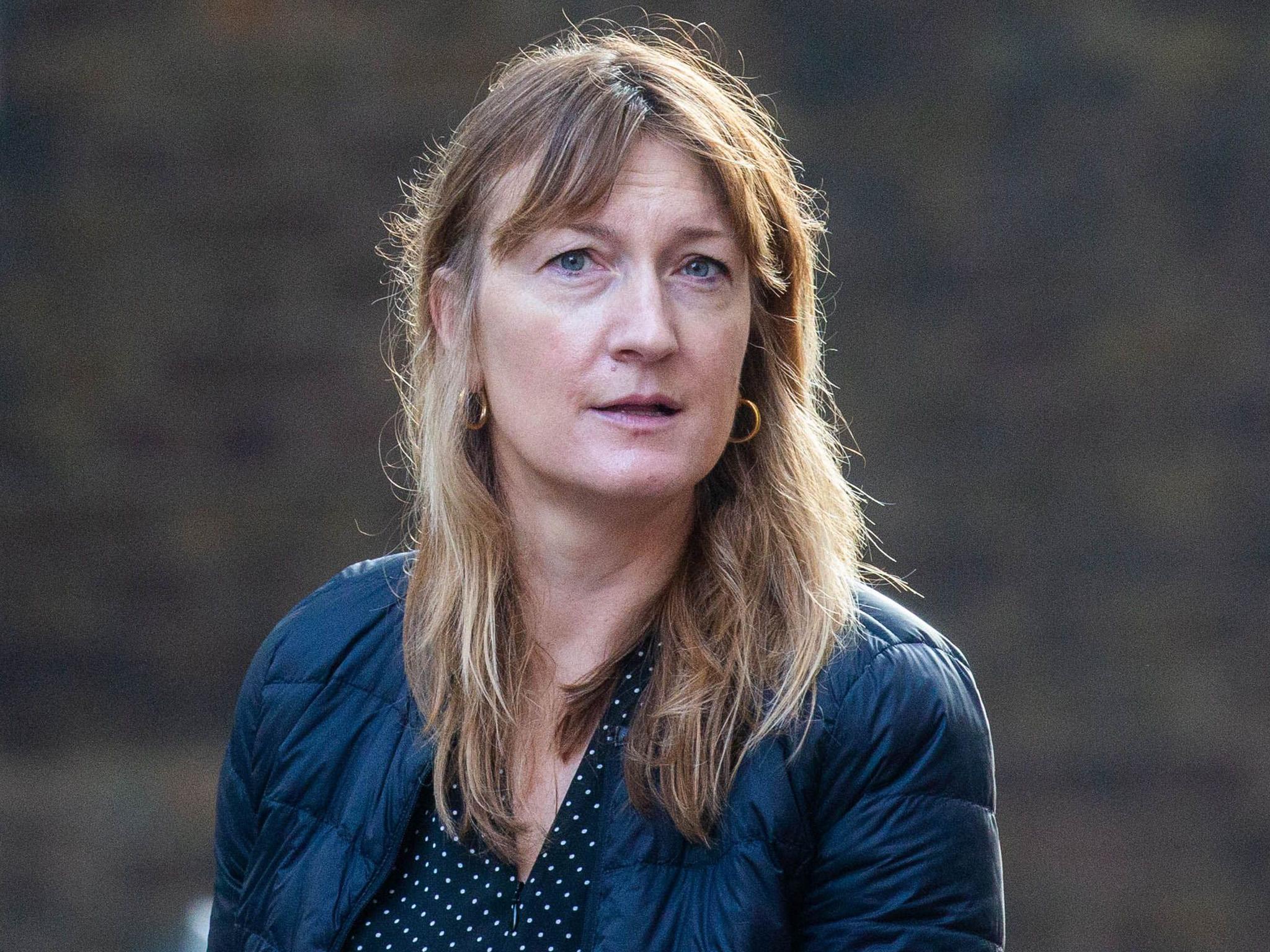The many perils of spin doctors going off-message
Running a government may be fraught with risk, but there is no horror like a spokesperson who fails to rise to the occasion, writes Sean O’Grady


Poor Allegra Stratton. A talented journalist who somehow found herself entangled in the vipers’ nest that is Downing Street (well, actually she applied to join the “team”) has run into a little controversy, if not ridicule, for tweeting about helpful tips to save the planet – such as not rinsing dishes before placing them in the dishwasher.
This “little step” from the official spokesperson for the Cop26 climate conference seems ridiculously trivial in the context of the impending end of life on Earth, and betrays a perhaps unrealistic assumption that all households possess such an expensive asset as a non-human dishwasher. Stratton earns £125,000 per annum.
Originally hired to front up televised No 10 press conferences at the behest of Boris Johnson – reportedly with the enthusiastic support of the current Mrs Johnson – Stratton never had the chance to offer her “Top Tips” from the prime ministerial podium, and has been relegated to the important but (supposedly) less exposed role in respect of Cop26.
Sadly for Stratton, she combined her original misjudged intervention, during a conversation with a reporter from The Independent, with a throwaway recommendation to join the Green Party if you want to stop the climate crisis, though also adding the option of joining the Conservatives.
A degree of political neutrality is required from a spin doctor for an intergovernmental conference, and advising people to join certain political parties rather than others rather pushes the boundaries, and the other major parties would be entitled to cry foul at their exclusion from the very short list of Stratton-approved political organisations.
Although plenty of spin doctors have figuratively splatted themselves all over Westminster lobby journalists, usually this has been in the form of an outrageous claim about policy, or a prediction that soon fails to materialise; a vicious attack on a prime ministerial “colleague”, or generally being economical with the truth.
Sometimes they are criticised for being too fanatically loyal to their bosses (as with Bernard Ingham and Margaret Thatcher, or Alastair Campbell and Tony Blair) and biased in party political terms.
There are no known precedents for an official spokesperson to recommend joining a political party, still less one that despises the government that they serve. To be fair to Stratton, it is worth quoting her words in their full wince-inducing glory: “When people say to me what can they do, they can do many things: they can join Greenpeace, they can join the Green Party, they can join the Tory party – so there’s lots of ways they can get involved in politics, but for those people who wouldn’t [do that], how do you start to change your life in manageable, achievable, feasible, small ways?”
The only vague precedent for the kind of mockery Stratton is currently receiving goes back a half-century. During the energy crisis of winter 1973-4, the then energy secretary, Patrick Jenkin (father of Bernard), advised people to brush their teeth in the dark so as to save electricity.
Like Stratton, the secretary of state was judged not to have risen to the occasion. One way Stratton might have made her own life easier was to avoid being “political” about climate change in such a clumsy way, and to have stopped digging after the first Top Tips tweet.
Conventionally, spin doctors are – or like to see themselves as – pugnacious, politically savvy players, who leave prisoners on the battlefield, and are, above all, very serious people. Stratton, fiercely intelligent and conscientious, instead appears to be well-meaning and a bit too naive for the job.
It may be just as well all round that she didn’t end up on the podium at No 10, defending the deaths of the elderly in care homes, taking clean water away from villagers in Malawi, and denying school meals to the poorest children in England. No one would have enjoyed seeing that.

Join our commenting forum
Join thought-provoking conversations, follow other Independent readers and see their replies
Comments